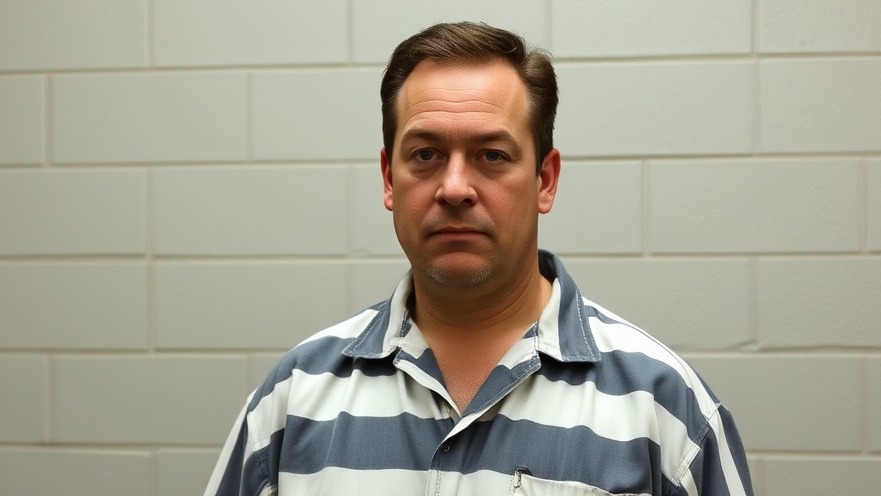
Scott Peterson's Road to Redemption: A Legal Analysis
Scott Peterson, a name synonymous with one of the most infamous murder trials in American history, is back in the news as he pleads for his conviction to be overturned, citing what his legal team describes as "substantial new evidence." This move revives public interest and debate surrounding a case that has captivated the nation since Peterson's 2004 conviction for the murder of his wife, Laci, and their unborn child. As discussions surrounding legal justice and wrongful convictions come to the forefront, the implications of Peterson's appeals extend beyond his personal fate.
Context and Timeline of the Case
In 2002, Laci Peterson disappeared from their Modesto, California home, which triggered a massive search operation. Tragically, her remains and that of their unborn son, Conner, were later discovered in San Francisco Bay. This case quickly became a media sensation, leading to a high-profile trial that concluded with a guilty verdict, largely based on circumstantial evidence. However, in recent years, Peterson's defense team has argued that unreliable witness testimonies and evidence mishandling significantly impacted the outcome of his trial. The California Supreme Court ultimately overturned his death sentence in 2020, citing judicial mistakes during the original proceedings.
A Close Look at the 'Substantial New Evidence'
The crux of Peterson's new plea is the introduction of evidence that his lawyers claim could exonerate him. While the specifics of this evidence have not been fully disclosed, it’s reported to include witness statements and potential alibi corroborations that could present a different narrative of events surrounding Laci's disappearance. This is not the first time new evidence has been claimed in high-profile cases, prompting discourse on the reliability of past convictions amidst evolving forensic technologies.
The Impact of Media on High-Profile Cases
The Peterson case amplified discussions about the role the media plays in shaping public perception of individuals charged with serious crimes. The sensational coverage often leads to pre-trial biases, which can influence jury decisions and the judicial process itself. For instance, the intense focus on Peterson's demeanor during interviews and trial proceedings showcased how media narratives could overshadow substantial legal complexities. This raises critical questions about whether defendants can receive a fair trial amidst heightened media scrutiny.
Future Implications on the Justice System
If Peterson's conviction is overturned, it could spark a reevaluation of similar cases perceived as unjust. The legal community is closely monitoring the situation, as each potential success for Peterson raises possibilities for others to seek retrials or appeals based on newly surfaced evidence. Legal scholars are debating the broader implications, particularly how evolving standards for expert testimony could impact future trials, particularly in cases where forensic evidence plays a pivotal role.
The Role of Public Opinion
The public reaction surrounding Peterson's appeal illustrates how societal sentiments can impact legal outcomes. Many remain steadfast in their belief regarding his guilt, arguing that justice for Laci Peterson should not be diminished by claims of new evidence. Conversely, others advocate for the principles of justice, asserting that the wrongfully accused must be granted the opportunity to clear their names. This division highlights the complex interaction between justice and public opinion, which continues to shape discourse around criminal cases.
Concluding Thoughts: The Ongoing Pursuit of Justice
As Scott Peterson's case unfolds in the public eye, it serves as a reminder that the pursuit of justice is a continual process. The notion of substantial new evidence in high-profile cases like this emphasizes the necessity for due diligence in the judicial process and reinforces the need for systemic reform in handling criminal justice, particularly as technology and societal values evolve. Engaging in discussions about wrongful convictions and system integrity not only benefits those directly involved, but contributes to building a fairer legal framework for future generations.
This case invites all of us to reflect on the broader implications of justice in America and challenges us to advocate for a system where every voice and every piece of evidence counts.
 Add Element
Add Element  Add Row
Add Row 



 Add Row
Add Row  Add
Add 


Write A Comment